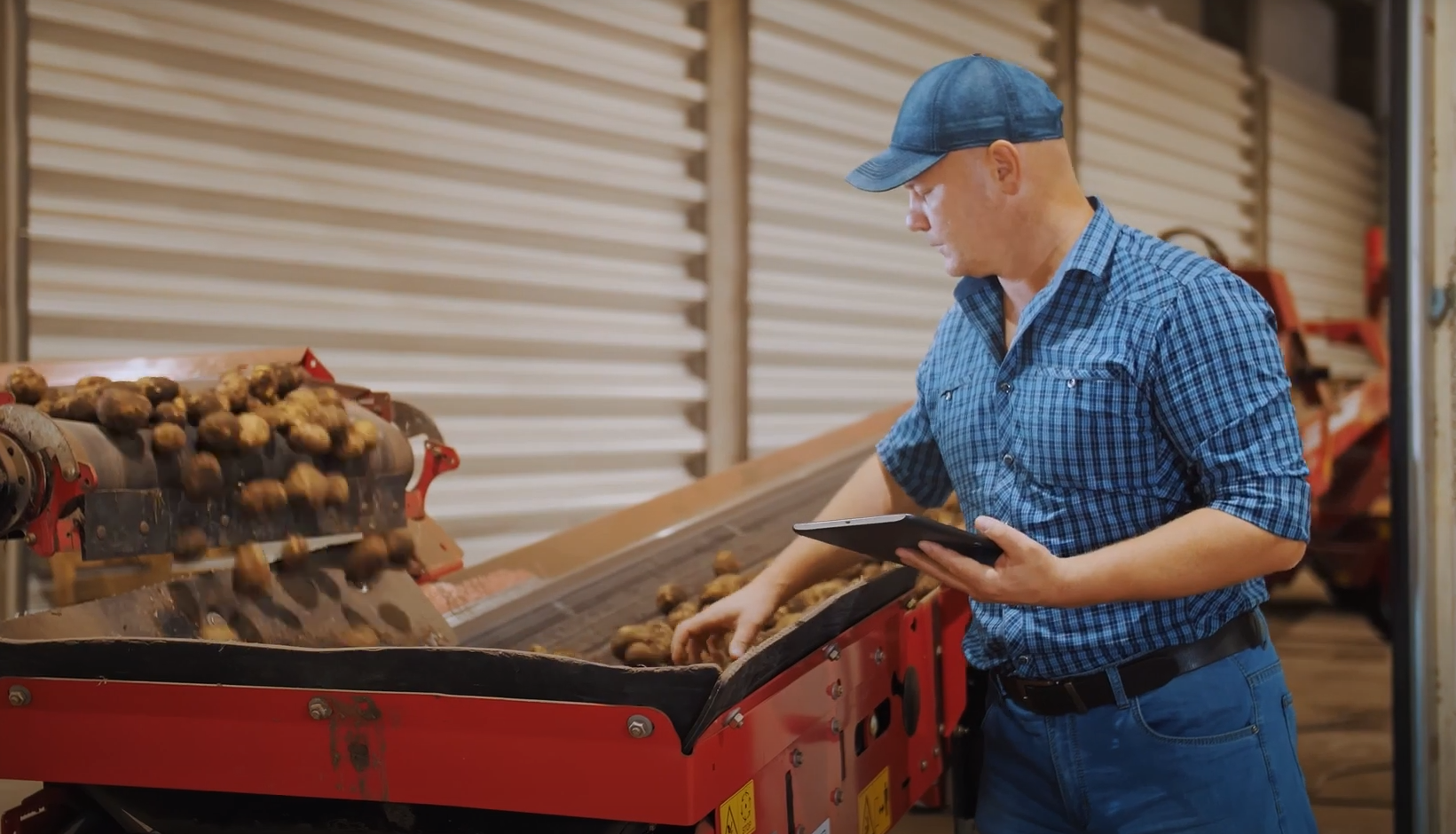Developing early detection tools for agricultural pests is vital for safeguarding Europe’s economically crucial potato industry. The PATAFEST initiative, led by IRIS, is pioneering innovative strategies to combat preharvest and postharvest threats, ensuring food security and promoting sustainable farming practices.

Developing early detection tools for agricultural pests is crucial to protecting the potato industry, a key crop in Europe with substantial economic value. These tools can significantly reduce severe yield losses caused by pests, which have previously reached up to 75%. By enabling swift responses to pest threats, effective monitoring, and early detection help ensure food security.
Within the PATAFEST framework, IRIS is in charge of developing innovative strategies to control the spread of potato pests and reduce postharvest diseases. Specifically, IRIS is addressing preharvest threats with a portable digital tool that utilizes images captured in the field and laboratory, serving as both, a data storage and, a processing unit for image analysis. This platform will process the collected data to provide accurate pest-detection responses. For postharvest storage in potato warehouses, we have developed a digital tool application and portable sensor devices based on Volatile Organic Compounds (VOCs) biomarkers from potatoes, which will monitor the environment effectively.
These diagnostic solutions significantly enhance the management of potato pests and postharvest diseases. This innovative approach combines image analysis, data storage, and processing to provide accurate pest detection, enabling timely interventions that can greatly reduce crop losses. The tool's dual functionality of capturing images in both field and laboratory settings enhances its versatility and improves the accuracy of pest identification. By aligning with integrated pest management strategies, the tool promotes sustainable agricultural practices and supports farmer education. The introduction of portable digital technology, advanced image processing algorithms, and data analysis represents a significant advancement in farming technology, empowering farmers to make informed decisions and safeguard their crops more effectively. Additionally, the digital platform offers data-driven insights and is designed to be user-friendly, making it accessible to farmers and warehouse operators.
Furthermore, sensor devices for VOC monitoring in potato warehouses offer significant advantages and innovations, including enhanced monitoring of storage conditions, improved quality control by assessing potato freshness, and a reduction in postharvest losses, supporting food security and economic stability for farmers. This technology promotes sustainability by minimizing waste and improving resource efficiency. Notably, the integration of VOC biomarkers for monitoring is a novel approach that provides sophisticated quality control.
Effective control of potato pests and the reduction of postharvest diseases are essential for safeguarding food security, enhancing agricultural productivity, and promoting sustainable farming practices. These efforts deliver significant benefits to farmers, consumers, and the broader ecosystem. In this context, initiatives like our project PATAFEST, are key in devising innovative solutions to protect potato crops from pests and postharvest diseases, threats that jeopardize food security and contribute to waste.
By championing sustainable Integrated Pest Management strategies and fostering collaboration, such projects bolster agricultural productivity and reinforce the resilience of the potato industry across Europe and globally.